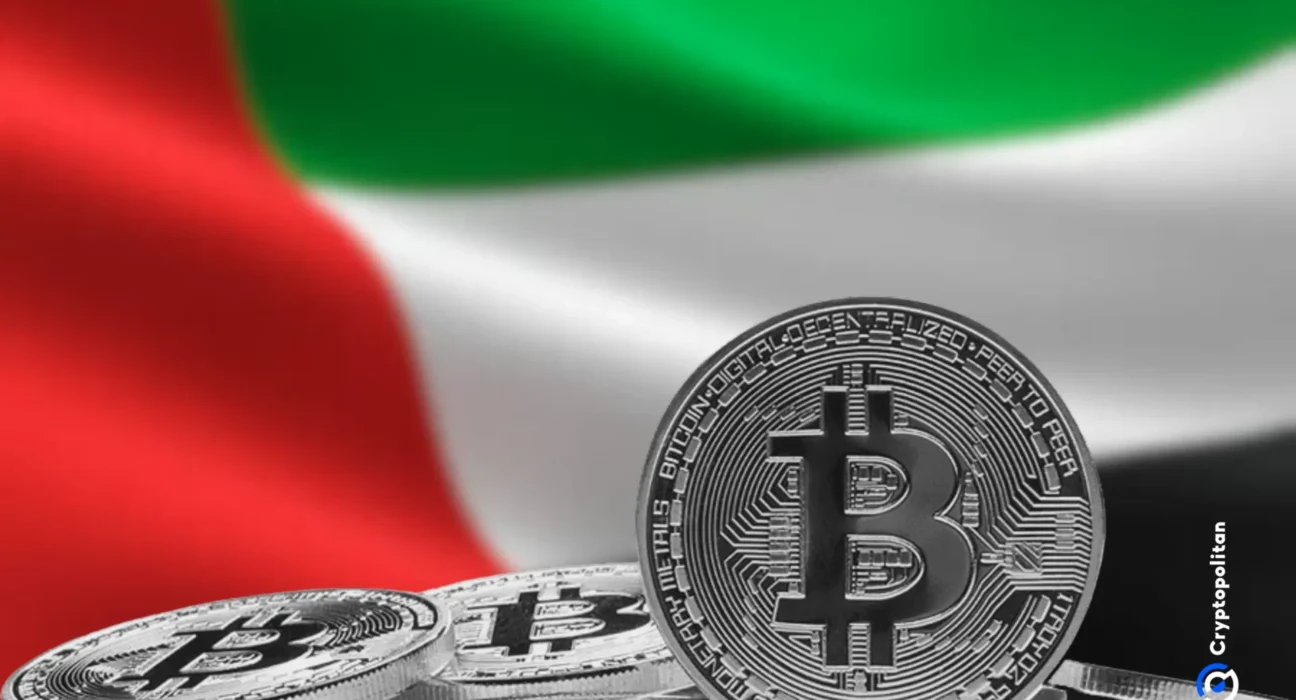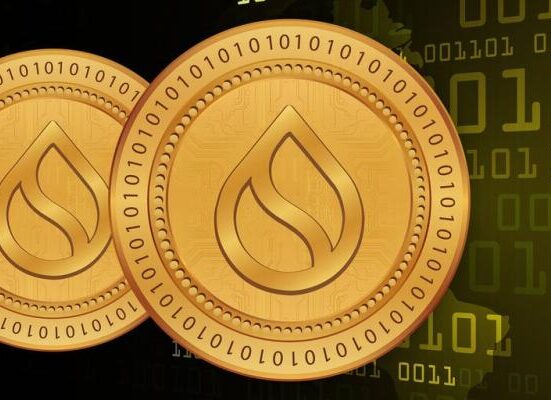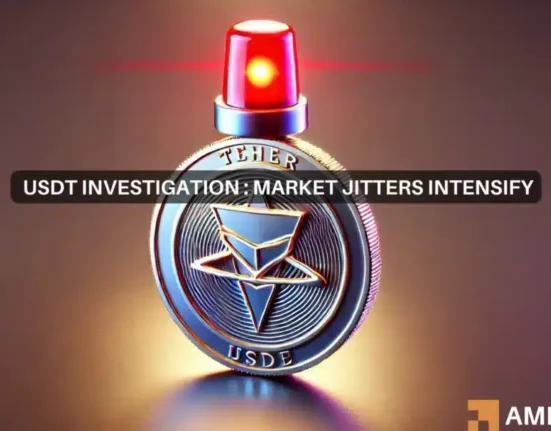Ras Al-Khaimah (RAK), one of the emirates in the United Arab Emirates, has introduced a new legal framework tailored for decentralized autonomous organizations (DAOs) within its free zone designated for digital assets.
The DAO Association Regime (DARe) seeks to create a legal framework that is tailored to the functioning and management of DAOs. According to Luc Froehlich, the Chief Commercial Officer of RAK DAO, the initiative strengthens the possibility of DAOs integrating with the traditional economy.
This legal structure allows such organizations to perform certain functions, including obtaining bank accounts and handling on and off-chain assets. DAOs are digital organizations that work through smart contracts on blockchain to automate the governance and business processes. However, there are many legal issues that hamper their progress.
The protocol is designed to accommodate two types of DAOs. the Startup DAO and Alpha DAO. The Startup DAO model is aimed at projects with 100 or fewer members. It seeks to rationalize the legal procedures to establish business in order to enable new enterprises to focus on their growth in a less bureaucratic environment.
On the other hand, the Alpha DAO Model is designed for DAOs that have a treasury size of more than $1 million. This model offers these organizations key resources and direction to expand their operations in the right manner.
Tax benefits and legal protection drive framework value
The major benefits of the DARe framework are tax optimization and legal certainty. This framework is consistent with the UAE’s plans to strengthen its digital economies and attract a talent pool from around the world.
In addition to the regulatory certainty, DARe has the potential to bring economic value to RAK. With more DAOs emerging, they help create jobs, open opportunities for investments, and improve technology in the area.
As the UAE continues to enhance and develop its legal framework in support of Web3 and digital assets, other countries, such as Italy, have taken the opposite direction. Italy recently introduced a capital gains tax on cryptocurrencies, which may discourage investment in the sector. Additional and recent legal developments, such as the ones from the Virtual Asset Regulatory Authority (VARA) of Dubai, show the UAE’s support for the virtual assets industry.
As previously reported by Cryptopolitan, between 2023 and 2024, the UAE received more than $30 billion in cryptocurrency investments. Additionally, it ranked amongst the top 40 economies worldwide and is the third-largest crypto economy in the MENA region.






